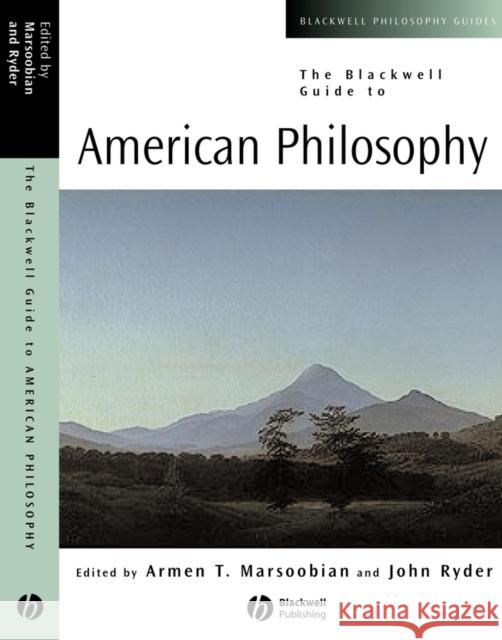The Blackwell Guide to American Philosophy » książka
topmenu
The Blackwell Guide to American Philosophy
ISBN-13: 9780631216230 / Angielski / Miękka / 2004 / 432 str.
The Blackwell Guide to American Philosophy
ISBN-13: 9780631216230 / Angielski / Miękka / 2004 / 432 str.
cena 205,96
(netto: 196,15 VAT: 5%)
Najniższa cena z 30 dni: 203,03
(netto: 196,15 VAT: 5%)
Najniższa cena z 30 dni: 203,03
Termin realizacji zamówienia:
ok. 30 dni roboczych.
ok. 30 dni roboczych.
Darmowa dostawa!
The Blackwell Guide to American Philosophy offers the most ambitious survey to date of American philosophical thought.
- Provides a comprehensive history of philosophical thought in America.
- Brings together 24 newly commissioned essays written by leading scholars in American philosophy.
- Covers all of the major eighteenth-, nineteenth- and twentieth-century philosophical movements in America including idealism, pragmatism and naturalism.
- Examines the major figures and themes in American philosophical thought.
- Includes useful bibliographies.











